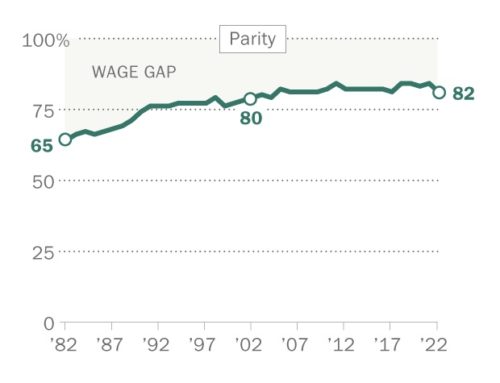In recent months, sexual violence against women in India has received significant global media attention. The coverage has shown that assaults against Indian women are frequently trivialized and few offenders are convicted.
This shows just how important it is that Tupperware has made an unwavering commitment to empowering women in India and the rest of the developing world.
Tupperware, one of the world’s leading direct-selling companies, was founded in the late 1940s by Earl Tupper. He developed a line of plastic containers that could be closed tightly to preserve food more effectively. After World War II, the company provided a way for women in America to reject being told “to go back to the kitchen.” Instead, it gave them a toehold in the post-war business world.
The “Tupperware Party” sales method allowed women who either needed to or wanted to earn money without stepping too far outside the traditional roles of a housewife: planning parties and socializing with friends and neighbors. It was a beginning step toward equal for women in the workplace.
Tupperware today is a prominent player in India’s direct-selling category. In 2012, the company announced a campaign called “She Can, You Can.” The idea was based on the premise of “if she can, why can’t I?” Tupperware tries to convince women that they can turn their dreams into achievable reality. It also encourages women to connect with one another.
“She Can, You Can” focused on women achievers who could envision themselves having lives different from that of their mothers. Tupperware India used television and print advertisements, social media and workshops to create an emotional connection with Indian women.
Anshu Bagai, marketing director of Tupperware India, said in a company news release that he believes women empowerment is deeply ingrained in the company’s DNA. Most of its sales force is made up of poorly educated women who never had a job and heretofore have been dependent on their fathers or husbands for money. The Tupperware training program gives them confidence that they also can earn money, create a better life for themselves and their children and continue to run their households. Attaining economic independence gives women respect and a “voice.”
Tupperware has been able to spur growth by giving financial incentives to the representatives who build the largest sales networks. Hundreds of the company’s salespeople make more than the country’s average annual income of $1,216 a year just by selling Tupperware from their homes.
In using mostly homemakers to store and deliver products, Tupperware overcomes the poor roads and scarce shelf space that plagues many retailers in the country.
Tupperware is carrying on its pro-women tradition in emerging markets, which represent two-thirds of Tupperware’s sales, according to its 2012 annual report. Close to one-third of Tupperware’s $2.58 billion in revenue last year was from the Asian-Pacific region. These sale figures exceed the company’s results in Europe or in North or South America. In 2012, Indonesia, with approximately 170,000 women sales personnel, replaced Germany as its biggest market. Tupperware needs emerging markets because growth is slowing in mature markets such as the U.S., Germany and Japan.
Tupperware’s success in India represents the best of capitalism, because the company, its employees and the community all benefit from the success of ordinary women who have big dreams and then realize them. Every successful career starts with somebody reaching out and giving us our first job, spending time to train us, building up our self-esteem and then providing the appropriate incentives.
How important is empowering women?
As Stanford biology professors Anne and Paul Erlich wrote in January in the scientific journal Proceedings of the Royal Society of London: “Equal rights for women is a critical first step to avoiding civilization’s collapse.”
Originally published in the Sarasota Herald-Tribune



